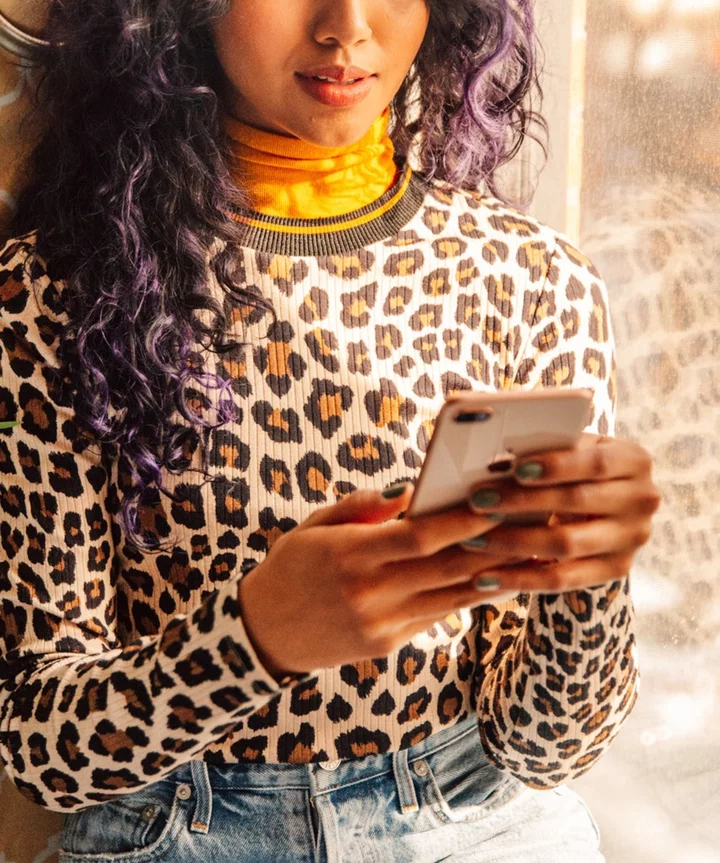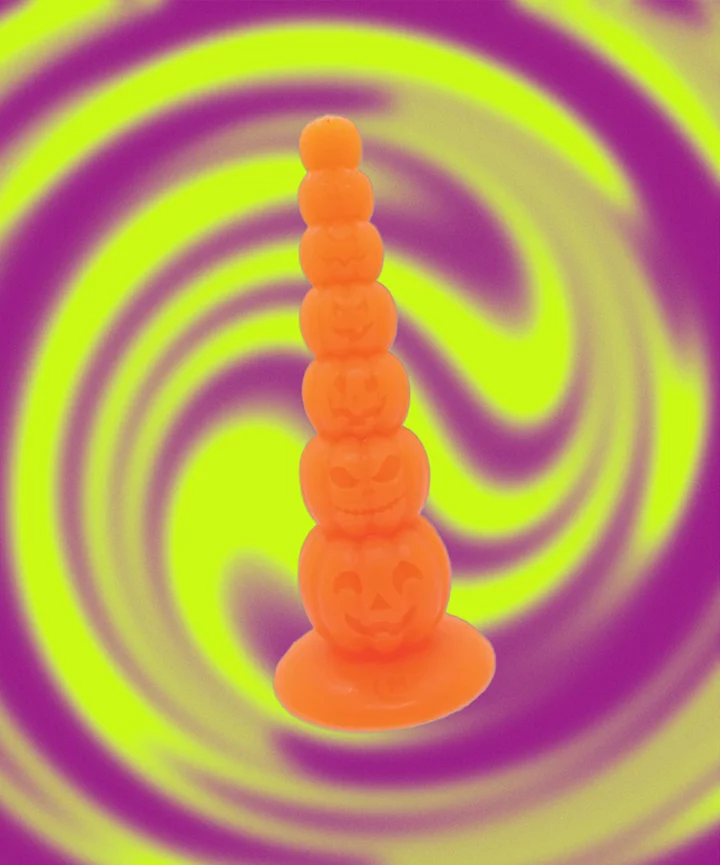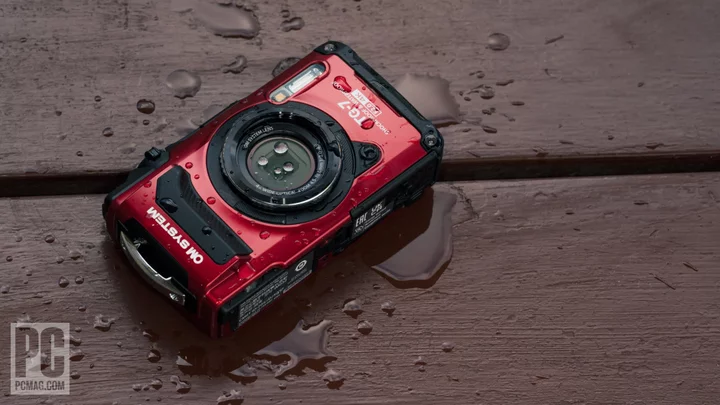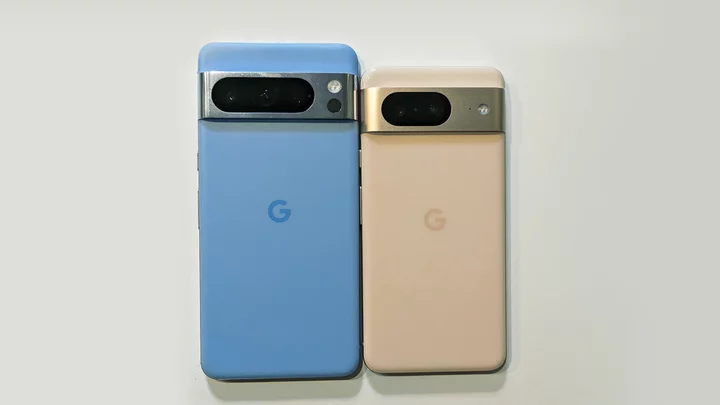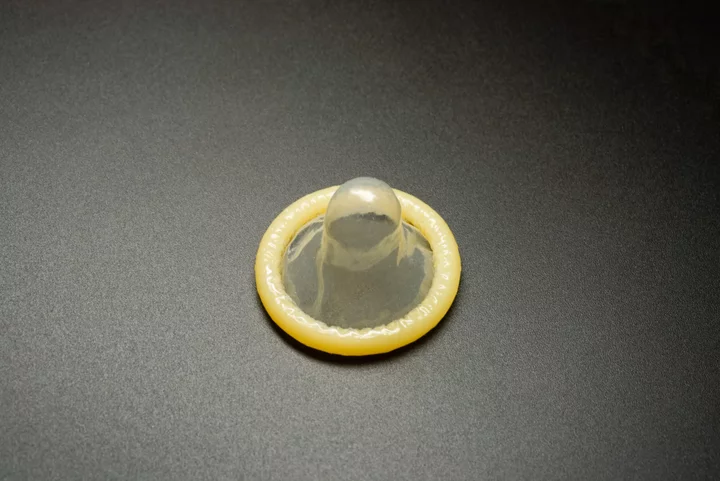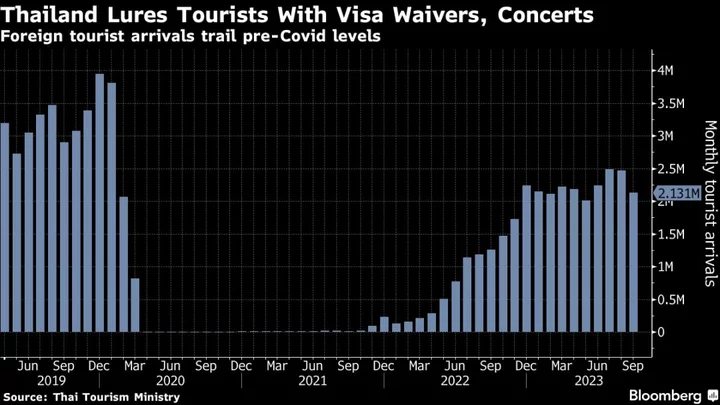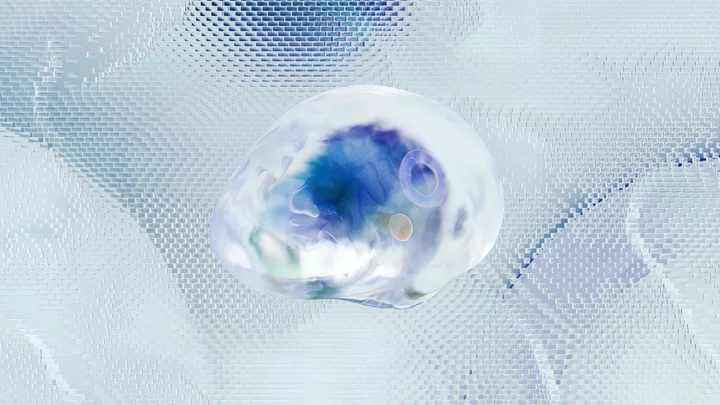Since its posting back in 2021, the TikTok video that helped spur this viral self-diagnosis conversation has racked up nine million views and counting. You might have even seen it already. It opens on a person wearing a tie-dye Thrasher T-shirt, pointing to a text bubble over their head that reads: “Things you didn’t realize could be ADHD.” Over the next 60 seconds, the creator acts out a handful of symptoms, including feeling angry over small things, anxiety shivers, having a hard time with rejection, making random noises unconsciously, being very competitive and hyper-focusing on interests.
Entering the comment section on this video feels a little like conducting an archaeological excavation. You get the sense that you’re traveling back in time, uncovering the evidence of aftershocks first, before digging down to the remnants of the catalyst itself. At the top of the comments, the creator warns viewers against self-diagnosing. “Y’all… Relating to problems is perfectly fine.. But self diagnosing and going off tellin people you have it.. Not okay.” [sic] Keep reading, and you’ll see more and more people emphatically saying that no one should assume they have ADHD based on the video. It isn’t until several scrolls later that you finally begin to notice people actually doing that, saying things like, “Wait, these random/anxious shivers aren’t normal?” and “I didn’t know I had adhd” and “I… think… I think I have ADHD.”
Similar conversations — an insistence on not self-diagnosing accompanied by countless responses doing just that — are playing out in the comments of videos about conditions including PoTS, anxiety, trauma, narcissistic personality disorder, autism and more. Sometimes, the responses are pure identification, user after user claiming “this is me” and asking “everyone doesn’t do this?” (One creator responds, “I’m sorry you had to find out this way,” followed by the pensive sad face emoji.) But often, especially in more popular videos, other voices chime in too, pointing out that the video wasn’t made by a professional, or that the symptoms it lists are vague and easily applied to anyone.
Sometimes, like in the ADHD video, the outcry against self-diagnosis can reach such a fever pitch that it’s easy to imagine that TikTok has the entirety of Gen Z convinced that their every habit is the result of one mental illness or another. But even if you can diagnose yourself with ADHD, is doing so because of a TikTok video actually all that bad?
The Pros & Cons Of TikTok Self-Diagnosis
How rampant TikTok-related self-diagnosis is — and whether it’s even a bad thing — is up for debate. “I think it’s positive,” says Kim Heyes, PhD, a senior lecturer of health and social justice for the Department of Nursing at Manchester Metropolitan University. “In every society — globally — we’ve been told that we have to reduce our mental health stigma, but nobody talks about what mental health looks like. And that’s what I love about these TikToks, and the conversations that are happening on online forums like Reddit.” People talking about how their anxiety or ADHD manifests and how they cope with symptoms increases mental health literacy, which refers to our knowledge of mental health, Dr. Heyes says. In her eyes, that’s a good thing.
She’s not concerned by the fact that people might begin to believe that they have a certain condition after watching these videos. “If a person finds a TikTok that relates to how they’re feeling, they’re unlikely to stick to TikTok,” Dr. Heyes says. “They’ll go and have a look at other places online to see if there’s more information out there.” Their research will either cast doubt on their original suspicion, or validate it — and if they continue to believe their self-diagnosis is valid, they’re likely to seek out support from loved ones or a professional.
One red flag Dr. Heyes raises is when it comes to medical treatment. “Mental health medication generally has huge side effects, so if it’s not well-controlled, that can be really dangerous,” she says. But she believes that few people who diagnose themselves with a condition would wind up getting and taking psychiatric drugs in an attempt to treat their symptoms.
There are people, however, who think that TikTok self-diagnosis can sometimes be harmful. “It’s a gray area, really,” says Inna Kanevsky, PhD, a professor of psychology at San Diego Mesa College. Dr. Kanevsky stresses that she’s not a clinical psychologist, and therefore doesn’t diagnose people firsthand. On her TikTok, she has over 1.1 million followers and frequently posts stitches, duets or responses to videos she thinks are spreading misinformation about mental health. “I’m watching this trend and what I’m seeing is concerning me,” she says.
Dr. Kanevsky acknowledges that certain mental health conditions are indisputably underdiagnosed. “As far as things like ADHD or autism, these were dismissed in people who were assigned female at birth for years, due to the mistaken belief that it was just in boys, and because of not understanding how things manifest differently in women,” she says. “So I’m hesitant to say that you shouldn’t pay attention to what’s on TikTok, and you shouldn’t diagnose yourself or a therapist must diagnose you.”
However, Dr. Kanevsky takes issue with videos that seem to encourage people to use them diagnostically, like those that ask viewers to “put a finger down” if they identify with certain experiences. “Lots of things that show up in these videos aren’t actual symptoms of these conditions,” she says. “They may be common for people with these conditions, but they also may happen in other conditions.”
“Trust, But Verify”
Simply put, TikTok videos aren’t stand-ins for medical advice, but that doesn’t mean there isn’t helpful information out there to be gleaned from the app. You just need to sift through things and do your own supplementary research. “I always say trust, but verify,” says Lesley Cook, PsyD, a clinical psychologist in Richmond, VA, who also creates content on TikTok. “There are people who knowingly spread misinformation, and people who may think they’re experts, but who are speaking on topics they don’t fully understand.”
TikToks aren’t necessarily vetted for the truth. Regardless of intended malice or otherwise, inaccurate video content can lead to confusion and a lack of public trust in the medical community. “If someone sees a video that tells them they have ADHD, and they get an assessment and are told they don’t, it can undermine the authority of the field,” Dr. Cook says. “They may come away thinking, ‘Doctors don’t know what they’re talking about.’”
Though social media shouldn’t be anyone’s primary source of medical information, Dr. Cook believes that self-diagnosis can be valid. “If you take the really long-lens look at psychology and psychiatry, it originated as a very oppressive symptom toward women, toward people of color and toward people with disabilities,” she explains. The U.S. health system still favors those with more money, so she supports the idea that people may choose to opt out of that system, as long as they do it in an informed and responsible way.
Paige Layle, known as @paigelayle on TikTok, where she has 2.6 million followers, also supports self-diagnosis — but, like Dr. Cook, not necessarily from TikTok alone. Layle was diagnosed with autism soon after her 15th birthday, after a suicide attempt led her to a child psychiatrist. Five years later, she has amassed her following largely from posting about neurodiversity. “I began speaking about autism because of people being ignorant on TikTok and using the word autism as a synonym for stupid,” Layle says. “I posted a video addressing [this], and it was the first one that got more than 100 likes. It actually got more than 100,000 likes. That’s when I kinda saw that people may want or need this information and I can give it to them.”
Layle doesn’t post “put your finger down”-style videos; her work is focused on providing education, raising awareness and fostering community. In her eyes, “Self-diagnosis is and has to be valid. There are a million reasons why people cannot get a clinical diagnosis,” she explains. “My number one thing is: Use multiple credible sources to assist you, not just me.” Layle points people who think they may be autistic to a YouTube video she posted “about your next steps which includes self-diagnosing tips if that’s what you have access to, but also tips on talking to your doctor to get assessed.” (Dr. Kanevsky also offers tips for people who can’t afford mental health care on her TikTok.)
Treatment & Medication Roadblocks
One reason it’s helpful to see a professional for diagnosis is to get a safe and effective treatment plan. Both Dr. Kanevsky and Dr. Cook say false information about treatments for various mental health conditions circulate on platforms like TikTok, alongside incorrect information about symptoms. “People give dietary advice that isn’t validated and doesn’t help those conditions. They recommend supplements that are not okay to take without medical supervision,” Dr. Kanevsky says. “You might not be finding solutions that actually can help you.” And Dr. Cook says she’s even seen people encouraging those with ADHD to replace their stimulant medication with L-tyrosine, a supplement. “That’s troubling,” she says.
While Dr. Cook says that not everyone needs a clinical diagnosis, not having one can limit people’s — especially young people’s — access to certain helpful resources and accommodations, like those provided by schools. Layle wishes self-diagnosis were enough to secure accommodations for those who need them. “It comes down to a scarcity mindset of resources so we need to prioritize who gets help, when in reality if someone would benefit from an accommodation, they should receive it regardless of if they have a $3000 piece of paper,” she says. But for now, notes Dr. Kanevsky, “If they aren’t seeking out a professional consideration, then they deprive themselves of these opportunities as well.”
The bottom line according to the experts seems to be this: It’s fine to watch TikToks about mental health conditions and identify. It’s fine to post these videos. Talking openly about mental health helps reduce stigma around certain conditions, and provides a community to people who need one. But these videos are providing a very incomplete picture — especially when you consider that anyone can post to TikTok, and that the platform’s algorithm is designed to show you videos that are very similar to the ones you’re already interacting with, limiting the opposing viewpoints you see.
So, if you begin to wonder if you have a condition based on what you’re seeing on TikTok or other platforms, treat that suspicion as a starting point. Make sure the people you’re listening to — even on TikTok — are licensed professionals, ideally ones who specialize in the field you’re looking into, Dr. Cook suggests. Read about the condition in a variety of medically sound resources (like the DSM-5). And if you can, visit a mental health professional. As Dr. Cook says, “The people who watch my content deserve more than a one-minute video. They deserve to be the focus of someone’s assessment and care.”

